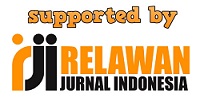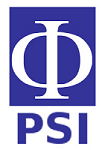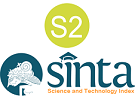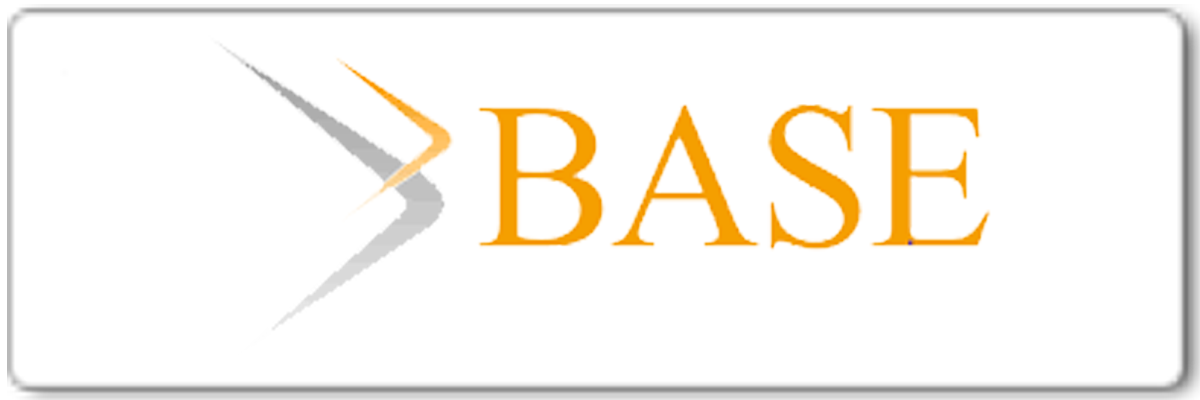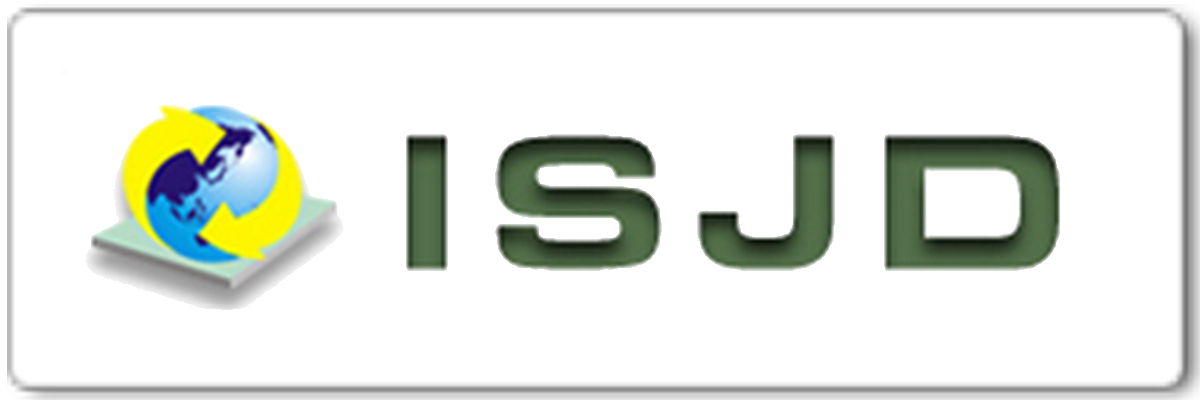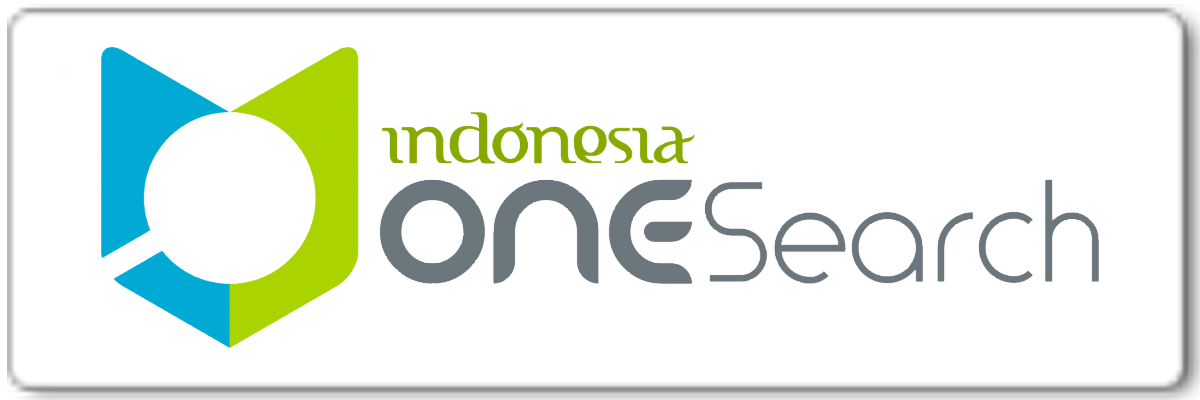Tiga dekade riset tentang PCK dalam pendidikan sains (fisika) dan prospek ke depannya
Abstract
Penelitian tentang Pedagogical Content Knowledge (PCK) dalam pendidikan sains (Fisika) telah mengalami perkembangan yang signifikan sejak diinisiasi oleh Lee Shulman pada tahun 1986. Tahun demi tahun, para peneliti melakukan modifikasi, melengkapi, bahkan mengkritisi upaya-upaya awal Shulman tersebut, yang semuanya ditujukan untuk memperkuat strand PCK itu sendiri. Sebagai konsekuensinya, terdapat dua model yang mewakili sub strand PCK di dunia: transformative model dan integrative model. Oleh karena itu, paper ini ditujukan untuk mengkaji perkembangan penelitian tentang PCK ini khususnya pada domain fisika. Dengan menggunakan systematic review, penulis meninjau kembali kedua sub strand tersebut. Proses reviu terdiri dari lima tahap: memfokuskan dan mengidentifikasi riset terdahulu yang relevan, mengevaluasi dan mengkritisi, menyajikan contoh-contoh dan bukti-bukti, menafsirkan temuan, dan memberikan rekomendasi. Dengan kata lain, hasil-hasil penelitian PCK dalam domain fisika diuraikan, dicontohkan, dan dianalisis. Hasil penelitian PCK topik gaya dan gerak sebagai representasi model integratif dan hasil penelitian PCK topik semikonduktor sebagai representasi model transformative didiskusikan dalam penelitian ini. Selain itu potensi-potensi riset ke depannya tentang strand ini juga direkomendasikan.
Keywords
Full Text:
PDFReferences
Daehler, K. R., Heller, J. I., & Wong, N. (2015). Supporting growth of pedagogical content knowledge in science. In A. Berry, P. Friedrichsen, & J. Loughran (Eds.), Re-examining pedagogical content knowledge in science education (pp. 45-59), New York, Routledge.
Gess-Newsome, J. (2015). A model of teacher professional knowledge and skill, including PCK: Results of thinking from the PCK Summit. In A. Berry, P. Friedrichsen, & J. Loughran (Eds.), Re-examining pedagogical content knowledge in science education (pp. 28-42), New York, Routledge.
Grossman, P. (1990). The making of a teacher: Teacher knowledge and teacher education, New York, NY: Teachers College Press.
Kennedy, M. M., Ball, D. L., & McDiarmid, G. W. (1993). A study package for examining and tracking changes in teachers’ knowledge, East Lansing, Michigan State University.
Kind, V. (2009). Pedagogical content knowledge in science education: Perspectives and potential for progress, Studies in Science Education, 45, 169-204.
Kind, V. (2015). On the beauty of knowing then not knowing: Pinning down the elusive qualities of PCK. In A. Berry, P. Friedrichsen, & J. Loughran (Eds.), Re-examining pedagogical content knowledge in science education (pp. 178-195), New York, Routledge.
Kirschner, S., Borowski, A., Fischer, H. E., Gess-Newsome, J., & von Aufschnaiter, C. (2016). Developing and evaluating a paper-and-pencil test to assess components of physics teachers’ pedagogical content knowledge, International Journal of Science Education, 38, 1343-1372.
Kirschner, S., Taylor, J., Rollnick, M. Borowski, A., & Mavhunga, E. (2015). Gathering evidence for the validity of PCK measures: Connecting ideas to analytic approaches. In A. Berry, P. Friedrichsen, & J. Loughran (Eds.), Re-examining pedagogical content knowledge in science education (pp. 229-242), New York, Routledge.
Magnusson, S., Krajcik, J., & Borko H. (1999). Nature, sources, and development of pedagogical content knowledge for science teaching. In J. Gess-Newsome, & N. G. Lederman (eds.), In examining pedagogical content knowledge: The construct and its implications for science education (pp 95-132), Dordrecht, Kluwer Academic Publishers.
Morrison, A. D., & Luttenegger, K. C. (2015). Measuring pedagogical content knowledge using multiple points of data, The Qualitative Report, 20, 804-816.
Olszewski, J. (2010). The impact of physics teachers’ pedagogical content knowledge on teacher actions and student outcomes, Berlin, Logos Verlag GmbH.
Padilla, K., & Garritz, A. (2015). Teaching a research trajectory on PCK and chemistry university Professors’ beliefs. In A. Berry, P. Friedrichsen, & J. Loughran (Eds.), Re-examining pedagogical content knowledge in science education (pp. 75-87), New York, Routledge.
Park, S., & Oliver, J. S. (2008). Revisiting the conceptualization of pedagogical content knowledge (PCK): PCK as a conceptual tool to understand teachers as professionals, Research in Science Education, 38, 261-284.
Park, S., Suh, J., & Seo, K. (2017). Development and validation of measures of secondary science teachers’ PCK for teaching photosynthesis, Research in Science Education, doi:10.1007/s11165-016-9578-y.
Rollnick, M. (2017). Learning about semi conductors for teaching- the role played by content knowledge in pedagogical content knowledge (PCK) development, Research in Science Education, 47, 833-868.
Shulman, L. (1986). Those who understand: Knowledge growth in teaching, Educational Researcher, 15, 4-14.
Shulman, L. (1987). Knowledge and teaching: Foundations of the new reform, Harvard Educational Review, 57, 1-22.
Shulman, L. S. (2015). PCK: Its genesis and exodus. In A. Berry, P. Friedrichsen, & J. Loughran (Eds.), Re-examining pedagogical content knowledge in science education (pp. 3-13), New York, Routledge.
Sickel, A. J., Banilower, E. R., Carlson, J., & van Driel, J. H. (2015). Examining PCK research in the context of current policy initiatives. In A. Berry, P. Friedrichsen, & J. Loughran (Eds.), Re-examining pedagogical content knowledge in science education (pp. 199-213), New York, Routledge.
Suprapto, N. (2016). What should educational reform in Indonesia look like: Learning from the PISA science scores of East-Asian countries and Singapore, Asia-Pacific Forum Science Learning & Teaching, 17, Article 16.
Suprapto, N. (2017). The effect of conceptions of physics learning, content knowledge (CK), pedagogical content knowledge (PCK) on self-efficacy for physics teaching among pre-service teachers (PSTs) in Indonesia, Unpublished Dissertation, National Dong Hwa University, Taiwan.
Suprapto N., & Chang, T.-S. (2015). Research on university student’s self-efficacy scale in science education: A systematic review, Proceeding of International Conference on Science and Science Education (IConSSE 2015) pp 120-129, Faculty of Science and Mathematics, UKSW, Indonesia.
Suprapto, N., Chang T.-S., & Ku, C.-H. (2017), Conception of learning physics and self-efficacy among Indonesian university students, Journal of Baltic Science Education, 16, 7-19.
Article Metrics
Abstract has been read : 1070 timesPDF file viewed/downloaded: 0 times
DOI: http://doi.org/10.25273/jpfk.v5i1.3338
Refbacks
- There are currently no refbacks.

This work is licensed under a Creative Commons Attribution-ShareAlike 4.0 International License.
Universitas PGRI Madiun
Jl. Setiabudi No. 85 Kota Madiun 63118
Lt 2 Office Physics Education
email : jpfk@unipma.ac.id
Copyright Jurnal Pendidikan Fisika dan Keilmuan (JPFK) ISSN 2442-8868 (printed) , ISSN 2442-904X (online)

JURNAL PENDIDIKAN FISIKA DAN KEILMUAN by http://e-journal.unipma.ac.id/index.php/JPFK/index is licensed under a Creative Commons Attribution-ShareAlike 4.0 International License.






